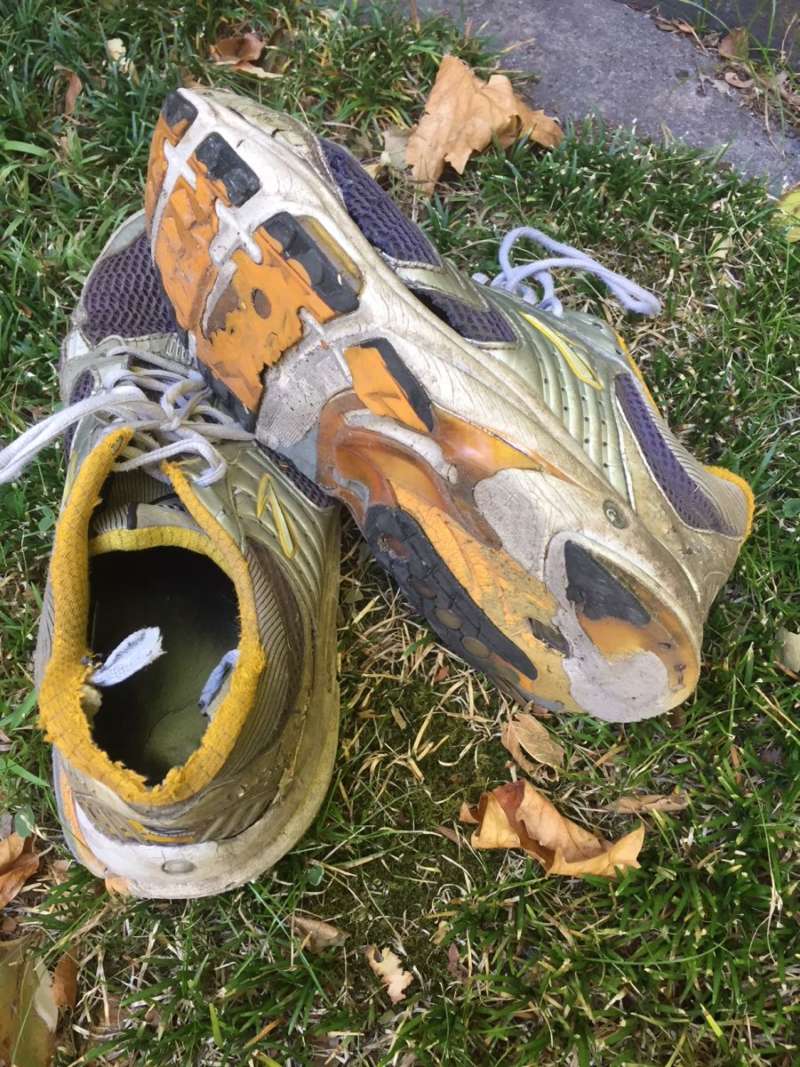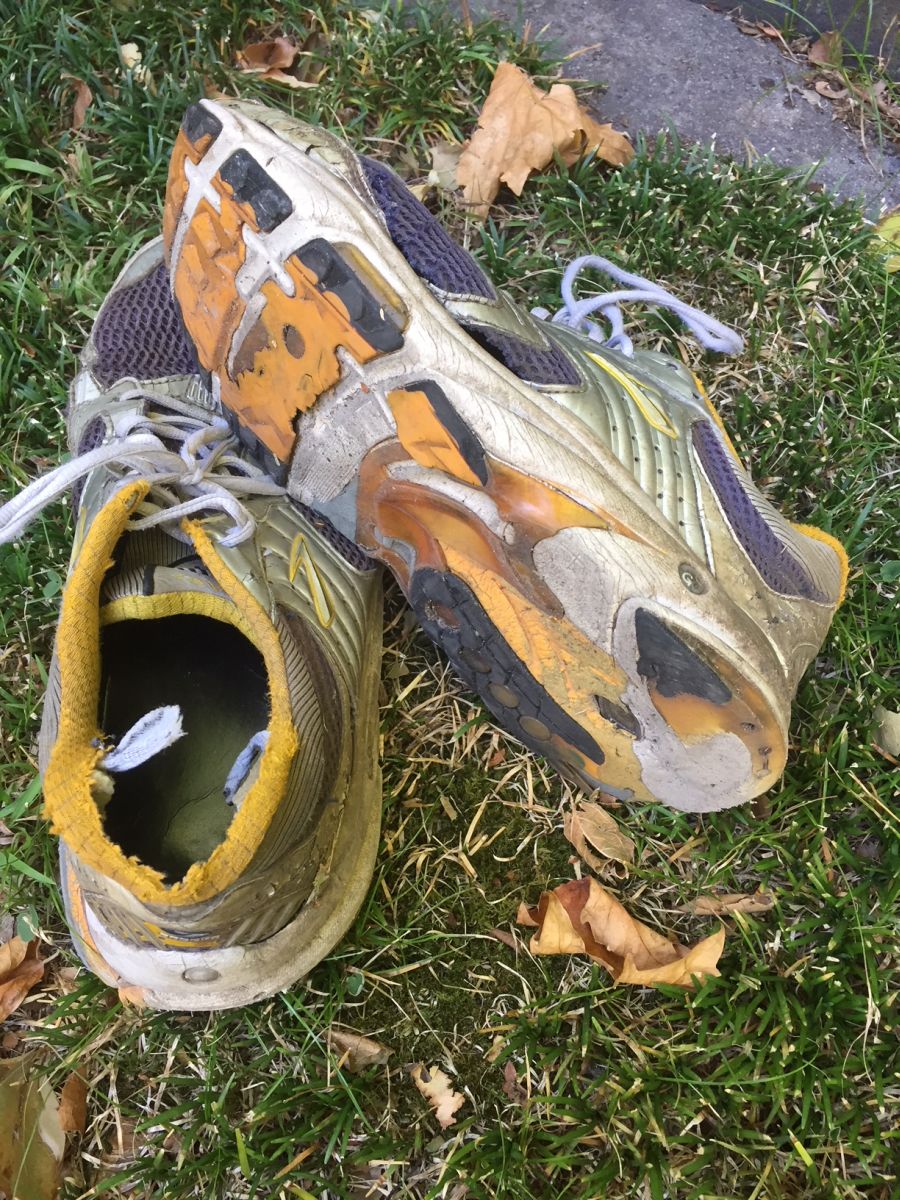If exercise were a pill, everyone would be taking it because preventing a decline in the immune system is far superior to attempting to restore function. One way to prevent this age-related decline is to exercise regularly.
There are many ways that exercise impacts the immune system but a very important pathway is via the white blood cells and especially the T- cells. In the blood, T-cells are the first line of defence against new infections. These T- cells are made in the thymus gland which reduces in size in adulthood. With regular exercise, the number of T -cells does not decline to the same extent as in those who are sedentary.
We have all by now heard the saying “ sitting is the new smoking” claiming that the effects of a sedentary lifestyle are as potent on our health as the effects of cigarette smoking. Current generations are the first in human existence to have a sedentary lifestyle. This recent experiment of about 50 years is turning out to be a potent risk for illness.
Regular exercise coupled with appropriate nutrition leads to two other positive aspects that slow biological ageing.
- Muscle mass does not decrease
- Body fat does not increase.
So what is the ideal exercise? The ideal exercise is the one that you do regularly.
The four components of exercise are:
Regular movement throughout the day
Some aerobic activity but not too much
Build muscle with weight training or bodyweight exercises
Maintain flexibility and suppleness by regular stretching e.g. yoga, tai chi, Pilates.

Nature says thou shalt keep the air, skate, swim, walk, ride, run.
When you have worn out your shoes, the strength of the sole leather has passed into the fibre of your body.
I measure your health by the number of shoes and hats and clothes you have worn out.
He is the richest man who pays the largest debt to his shoemaker. Ralph Waldo Emerson, 1851
Cortisol and stress
90% of all chronic pain and illnesses are amplified by having high cortisol levels. Cortisol is the stress hormone. It is a critical hormone that is released in the first part of the day and drops off towards the end of the day when melatonin the hormone associated with the sleep response takes over. It turns out that to have a great night’s sleep begins the moment you wake up. Beginning the day with a calming meditation practice modulates the cortisol /melatonin secretion.
Regular exercise is just one of the many lifestyle strategies that reduces chronically elevated cortisol levels.

Now after having pointed out the beneficial effects of moving, exercising and not sitting, it turns out that the exact opposite, sitting still for a short period of time each day has powerful impacts on the daily rhythm of cortisol secretions.
Currently, we are in week 3 of the first MORE THAN MEDITATION COURSE for 2018. If the feedback from this course will be similar to that we have received previously then by the end of the course the majority of participants will be reporting a better night’s sleep.
So as in most things in life, balance is the key. Implementing a regular move-well practice and sitting still regularly,beneficially impacts the immune system and health.
The next course meditation course begins on 10 May. Here are the details


